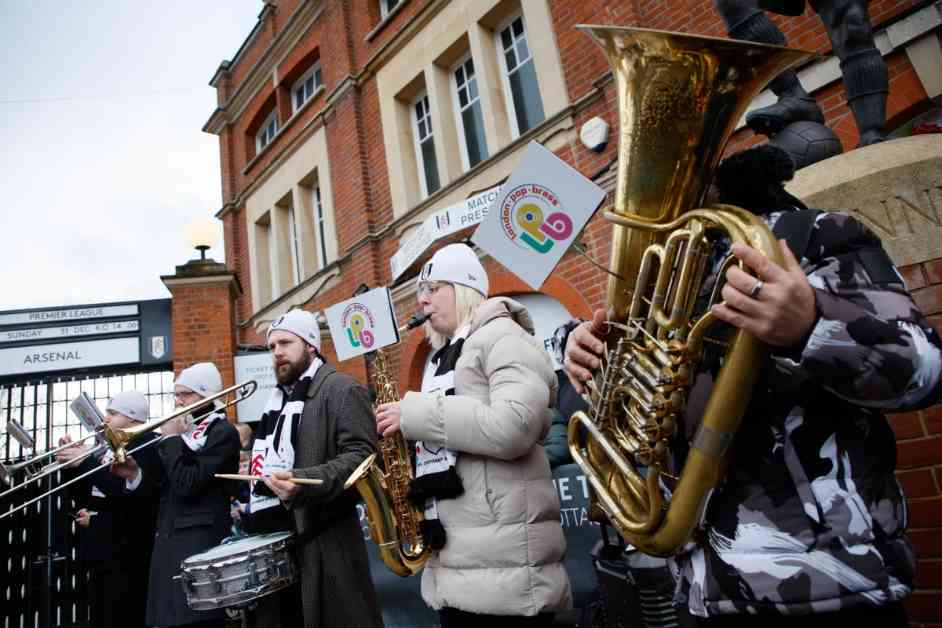Britain’s brass bands have a rich history that dates back further than previously believed, a new study reveals. Contrary to popular belief that brass bands originated in industrial communities in northern England and Wales in the 1830s and 1850s, the study suggests that these bands were actually invented by military musicians in the 1810s.
Dr. Eamonn O’Keeffe, a historian at the University of Cambridge, has uncovered evidence showing that Britain’s earliest brass bands were established by regimental bands following the Napoleonic Wars. These wartime bands initially included woodwind instruments like clarinets and bassoons, but by 1818, the 15th Regiment of Foot had already formed an all-brass band.
With the development of new instrument designs in Europe, several other regiments had established all-brass bands by 1830. Even the Life Guards performed on valved trumpets gifted by the Russian Czar during this time. Local defense units also formed brass bands, including a volunteer rifle corps in Paisley in 1819 and yeomanry troops in Devon and Somerset in the late 1820s.
The study, published in The Historical Journal, reveals that many of Britain’s earliest non-military brass bands emerged from veteran soldiers of the Napoleonic Wars in the 1820s. The Colyton Brass Band in Devon was the first civilian band identified by Dr. O’Keeffe, playing at an event in 1828.
In addition to the military influence, Dr. O’Keeffe discovered that the Napoleonic Wars led to a surge in British military bands, with more than 20,000 instrumentalists serving by 1814. After the war, many of these musicians pursued civilian musical careers, becoming instructors, composers, and even opera singers.
Contrary to the popular belief that brass bands were a product of industrialization, the research shows that they first appeared in a regimental form. The military provided a template for amateur musicians and audiences alike, leading to the growth of civilian bands in the post-war era.
The study also highlights how brass bands enabled aspiring musicians to develop new skills and foster a sense of community through music. This tradition of communal music-making has persisted through the centuries, demonstrating the enduring impact of brass bands on British culture.
Overall, the research sheds new light on the origins of brass bands in Britain and their significant contribution to the country’s musical landscape. It underscores the intertwined history of music, war, and community, showcasing the resilience and adaptability of this musical tradition.












